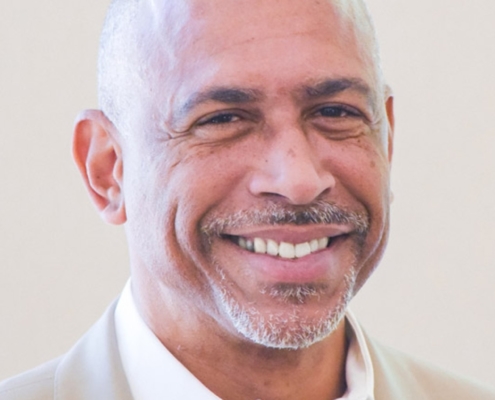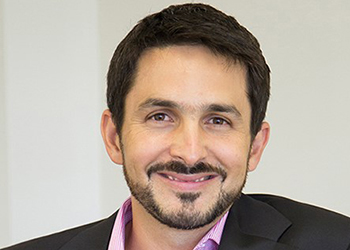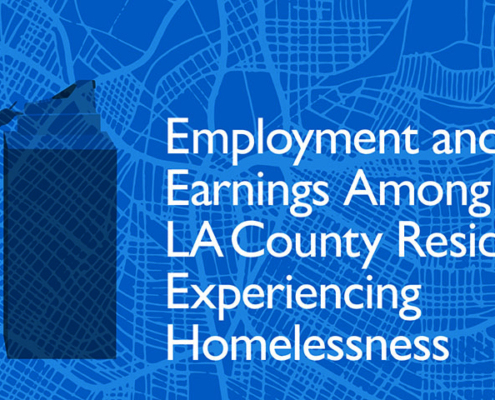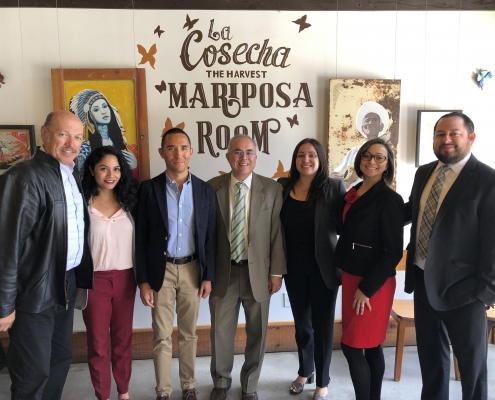Posts

CA Policy Lab Releases Report on Homelessness Focused on Anti-Black Racial Inequities in Los Angeles
The UCLA California Policy Lab (CPL) recently released a new…

LA Social Science Presents “Conversations with Changemakers” Featuring Dr. Pedro Noguera (Video)
LA Social Science interviewed Dr. Pedro Noguera, Distinguished…

Q&A with UCLA California Policy Lab Director Dr. von Wachter on the CARES Act
As an economist and director of the California Policy Lab, Till…

New Study Finds a Substantial Number of Californians Are Working Before Becoming Homeless
February 27, 2020 --- A new report released today by the…

Informing Policy in Real Time: UCLA LPPI in Sacramento
By Celina Avalos and Sonja Diaz On May 20, 2019, the UCLA…

UCLA and Homelessness: See. Study. Solve. May 21-24, 2018
We call homelessness a crisis in Los Angeles because we…

